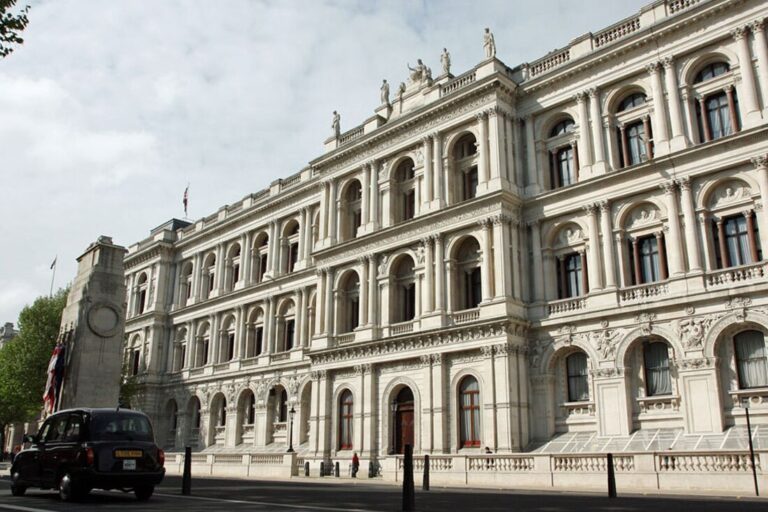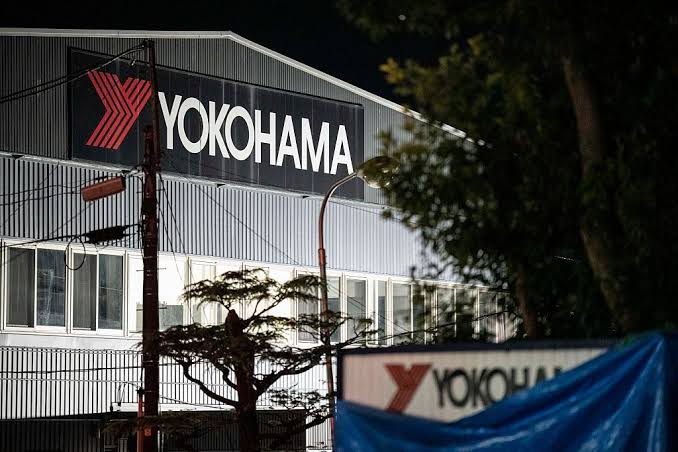British Foreign Office warns of rising terrorism, kidnappings, and violent crime across Nigerian states, urging extreme caution for travelers.
The United Kingdom’s Foreign, Commonwealth, and Development Office (FCDO) has issued a stark travel advisory for Nigeria, warning British nationals against visiting six northern states amid escalating insecurity.
In its latest guidance, FCDO cited a surge in violent crime, kidnappings, and terrorist activity across multiple regions. The advisory specifically urges against all travel to Borno, Yobe, Adamawa, Gombe, Katsina, and Zamfara states, highlighting threats from Boko Haram and Islamic State West Africa (ISWAP), particularly around transport hubs, religious sites, and large gatherings.
“Humanitarian personnel, vehicles, supplies, and infrastructure can be targeted by terrorists and criminals,” the statement added. British travelers were advised to review safety procedures and ensure contingency plans are in place.
The FCDO also recommended avoiding all but essential travel to Bauchi, Kaduna, Kano, Kebbi, Jigawa, Sokoto, Niger, Kogi, Plateau, Taraba, and the outer suburbs of Abuja. It noted that violent crime, often involving firearms, has increased in central and wealthier areas of the capital, and protests in Abuja can turn violent.
Read Also: United Kingdom: ‘Train Attacker’ Charged After Stabbing Nine
The North-East region, particularly Adamawa, Borno, and Yobe, remains the epicenter of insecurity, where ongoing military operations have provoked retaliatory attacks. Residents and travelers in Maiduguri were warned that further deterioration in security could make exit from the city extremely difficult.
In the South-East and South-South, the FCDO advised against travel to the riverine areas of Delta, Bayelsa, Rivers, Akwa Ibom, and Cross River states, citing active militant groups targeting oil and gas infrastructure. Separatist activity in the South-East has led to clashes with security forces, while criminality, kidnappings, and armed robbery remain prevalent in urban centers across the South-West, including Lagos.
Nigeria has faced persistent security challenges over the past decade, driven by terrorism, banditry, communal conflicts, and separatist agitation. The Boko Haram insurgency, ongoing since 2009, has displaced millions in the North-East, while ISWAP and local bandit groups continue to carry out deadly attacks on civilians, security forces, and aid workers.
Separatist tensions in the South-East and militancy in the Niger Delta exacerbate the country’s security risks, with frequent clashes, pipeline attacks, and violent crime disrupting communities.
The FCDO urged British nationals in Nigeria to remain alert, follow local security advice, and ensure their contingency plans are up to date, reflecting the increasingly complex and volatile security landscape across the country.










